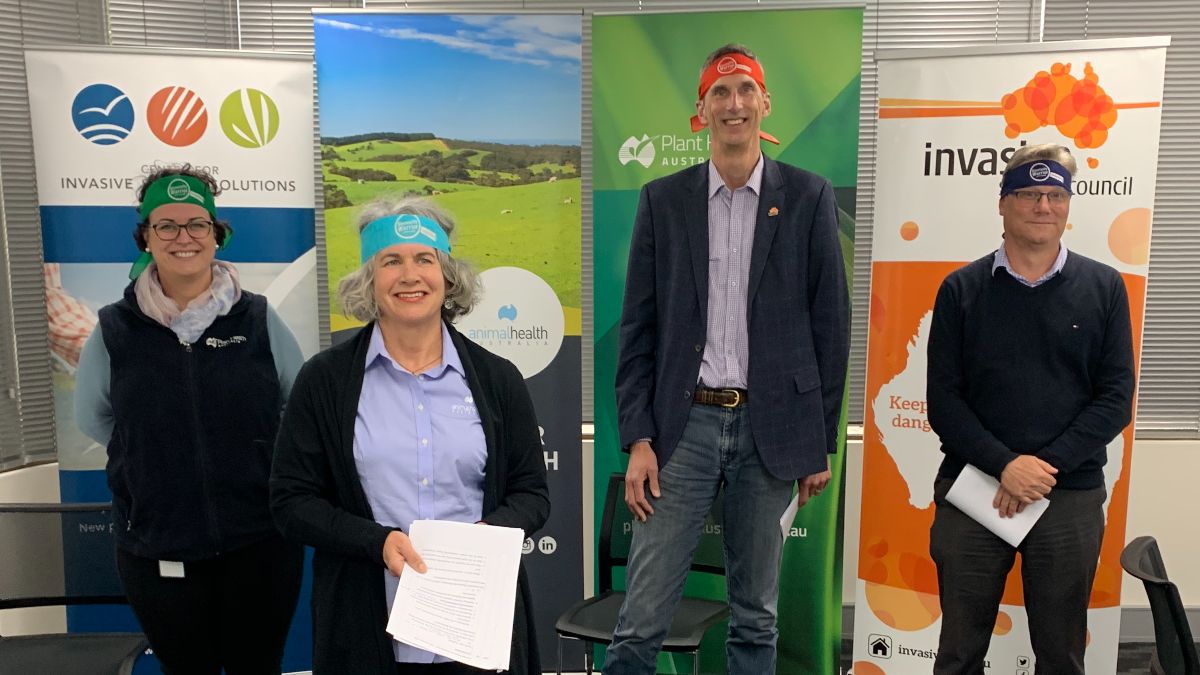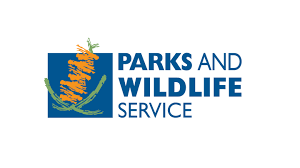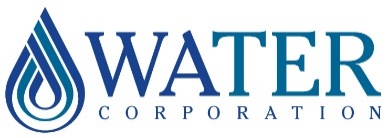Turning a moment into a movement: mobilising 25-million biosecurity warriors
06/11/2020
With COVID-19 and other biosecurity risks placing unprecedented pressure on our biosecurity system, more than 250 champions from across Australia’s and New Zealand’s biosecurity sector came together for a virtual workshop to discuss how we can mobilise a 25-million-strong biosecurity mass movement.
Formed off the back of the highly successful 2019 Australian Biosecurity Symposium, the workshop partnered Animal Health Australia (AHA), Invasive Species Council (ISC), Centre for Invasive Species Solutions (CISS) and Plant Health Australia (PHA) to define a 2030-ready biosecurity system and identify ways to ensure biosecurity becomes an Australia-wide issue.
Kathleen Plowman, AHA CEO said the vision for the biosecurity collective is to create a movement that all Australians will be part of. “Wouldn’t it be amazing if biosecurity practices and awareness were at the same level as taglines like ‘slip, slop, slap’ which are so well known by all Australians. “We need to make biosecurity easy to do and empower our local communities through endorsement, encouragement and investment,” Ms Plowman said.
Sarah Corcoran, PHA CEO calls for 2020-2030 to be the decade of biosecurity. “This is our one chance to secure our national wellbeing for generations to come and build a biosecurity mass movement. “We also need to support biosecurity champions big and small, from the everyday heroes who spot something unusual and report it, to those who dedicate their lives to biosecurity,” Ms Corcoran said.
Andreas Glanznig CISS CEO stressed the importance of the community in surveillance and reporting of new pests, weeds and diseases that could potentially damage our globally important wildlife and agriculture. “We need 25-million sets of eyes ready to report what they see and support rapid action to eradicate or contain new biosecurity threats. “New technology to transform community led citizen science is imperative, keeping it simple and easy to use will ensure our system can tackle the increasing threats at our doorstep,” Mr Glanznig said.
Andrew Cox ISC CEO said we cannot do this on our own and we cannot be complacent. “There will usually only be one chance to stop a new pest or disease devastating our economy, environment or the Australian way of life. “We have lots to learn from other sectors dealing with major risks, including bushfire and other disaster management authorities, the health sector and workplace safety authorities. “We need to be collaborative and cross-sectorial if we are to be successful,” Mr Cox said.
The Biosecurity Collective partners will be driving key initiatives from the workshop to progress the goal to mobilise a 25-million strong biosecurity mass movement. 
From left to right: Sarah Corcoran (PHA), Kathleen Plowman (AHA), Andrew Cox (ISC) and Andreas Glanznig (CISS) are calling all Australians to become biosecurity warriors.
Workshop participants identified four areas for future work:
- Developing support mechanisms for our biosecurity champions.
- Expanding the biosecurity warrior’s education program into the national school curriculum.
- Sharing analysis and research on innovative and successful biosecurity initiatives.
- Encouraging industry and community leaders to make a biosecurity commitment.
Outcomes from the workshop held on 4-5 November will be made available in the coming weeks and will form the beginnings of our Biosecurity 2030 agenda. You can follow the discussion and keep the conversation going by using and following #Biosecurity2030 on social media.-ends-Media contact on behalf of the partner organisations: Ian McDonald, Communications Manager, Centre for Invasive Species SolutionsM: 0429 985 643 | E: ian.mcdonald@invasives.com.au










